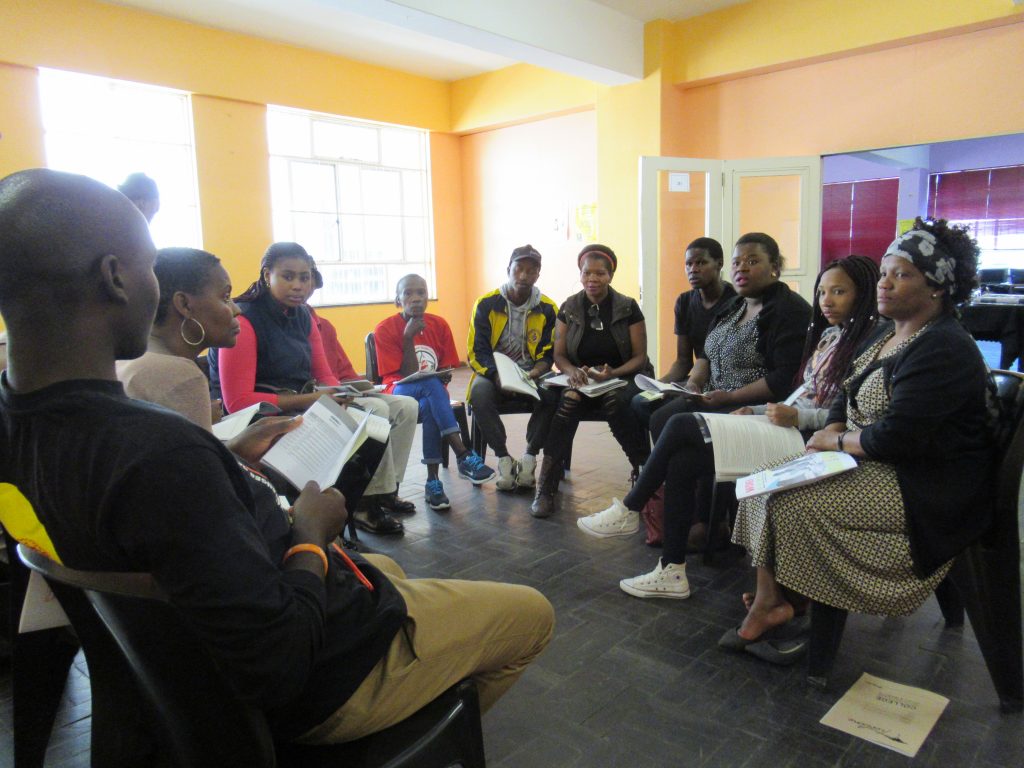Parliament is considering bringing about huge changes to the Labour Relations Act (LRA), the Basic Conditions of Employment Act (BCEA) and introducing the National Minimum Wage Bill. If these changes go ahead, many hard won rights will be taken away from the workers. One of the biggest rights hard fought and hard won; the constitutional right to strike will also be affected. How will these proposed changes affect worker rights?
The right to strike is a powerful tool to ensure that worker demands are heard and given effect to. Strike action is characterised by workers coming together and deciding on a strike action in their workplace. The changes state that unions must first hold a secret ballot in order to go on strike. This means that individual members will decide on whether to go on strike or not. This in effect will take the collective power of workers away.
The CCMA Commissioner will also have to determine whether picketing rules have been set out before it can give a certificate stating that the dispute between the workers and the employer has not been resolved. If there are no picketing rules, the Commissioner of the CCMA will state what it should be and can also say how many workers are allowed to picket.
The LRA amendments also state that the conciliation period on strikes can be extended by another five days which will further delay possible strike action. In this delay employers can get scab workers to replace the striking workers.
The LRA amendments also include that there can be an advisory arbitration to settle disputes. The advisory panel can decide whether a strike should go on or not and will take into account the interest of the public.
Employers can also now apply for interdicts in the Labour Court against unions which means unions can be stopped from continuing with certain action.
All these procedures and amendments to this constitutional right make it harder for workers to go on strike.
The National wage Bill
This Bill sets a minimum hourly rate of R20 p/h. So in effect there is no monthly minimum wage only an hourly wage. If a workers works less than 40 hours a week or flexible hours, this will impact heavily on what wage they finally receive. Farmworkers will receive R18 p/h and domestic workers will receive R15 p/h. Only in 2020 will these workers get the full minimum wage of R20 p/h.
Another problem with these changes are that should a worker not receive the correct wage, the dispute will have to be referred to the CCMA which already has a huge workload. The worker will have to go through conciliation and probably arbitration in order to be paid their salary. The case may end up at the Labour Court for a writ of execution (court order) if the employer fails to comply with the award made by the CCMA in favour of the worker. Workers will face many legal and practical difficulties trying to win a case against an employer not wanting to pay the national wage.
Sectoral determinations Sectoral determinations do not only set minimum wages but also pensions, holiday pay, leave and housing in the case of farmworkers. Under the BCEA, sectoral determinations will be replaced by the Wage Bill. This means that rights and protections such as farmworker accommodation will be taken away.
Although COSATU, Fedusa and Nactu were in agreement on these changes with NEDLAC, the General Industries Workers Union of SA (GIWUSA) came out strongly against these changes.



